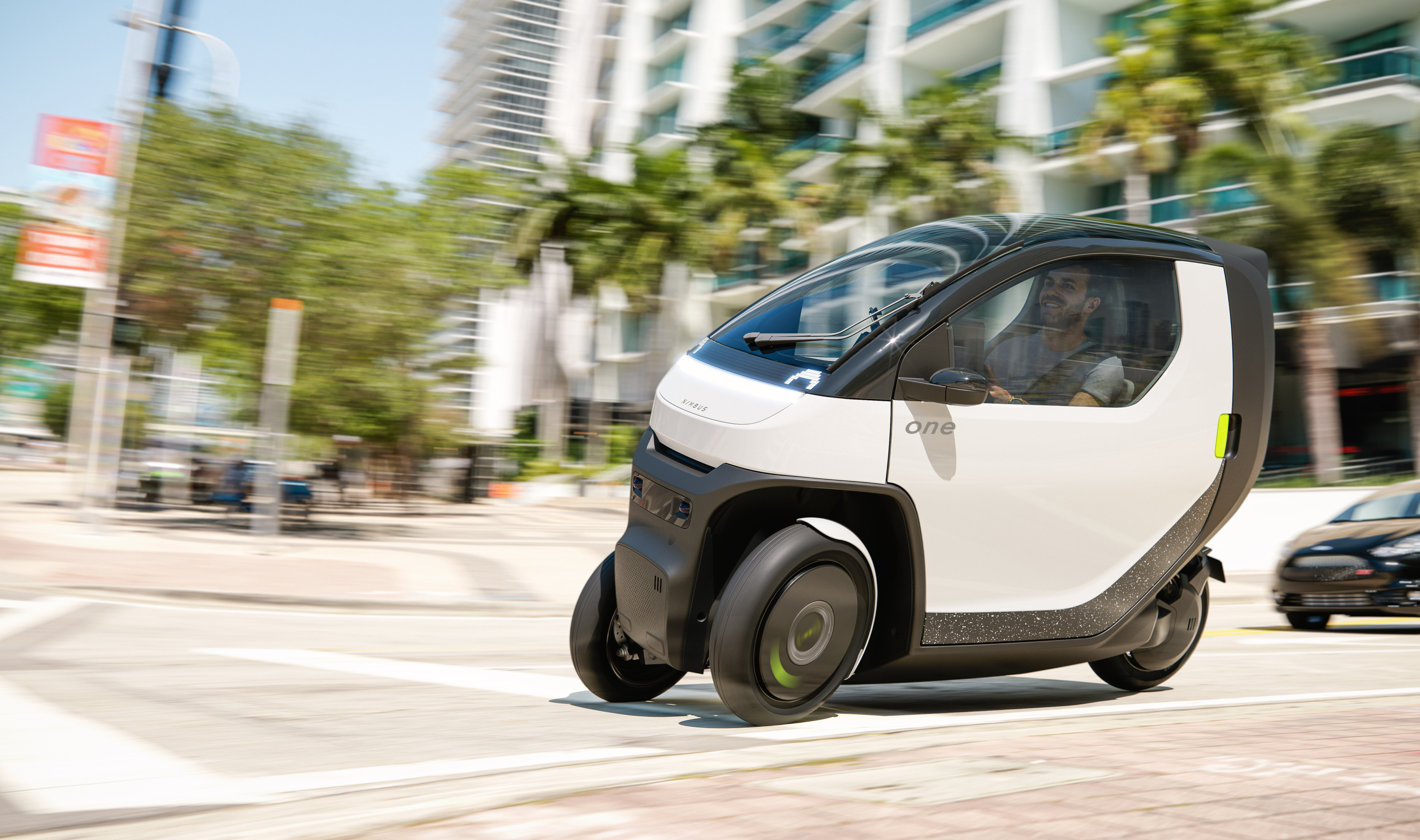Hi, friends! Welcome back to Week In Review, the newsletter where we recap some of the top stories to cross TechCrunch dot com this week.
The most read story this week was . . . well, everything that came out of Apple’s annual Worldwide Developer Conference. Apple tends to dominate the news cycle during WWDC, and this year’s show was no exception.
Apple always kicks off WWDC with a keynote where they make back-to-back-to-back announcements for products from all over their lineup. New iOS! Plans to take over your car’s dashboard! A new M2 chip that’s somehow even faster/more efficient than the already absurdly fast/efficient M1! Rather than link out to a zillion different posts on all the news, I’ll just link you to our big WWDC roundup here.
other stuff
M1’s “unpatchable” flaw: Speaking of M1, security researchers at MIT have detailed the workings of what they say is an “unpatchable” security flaw in the chip. An Apple spokesperson thanked the researchers for “this proof of concept” but said the company doesn’t think it presents “an immediate risk” to users and is “insufficient to bypass operating system security protections on its own.”
Uber Eats will now deliver you food from across the country: Your [on-demand delivery companies] were so preoccupied with whether or not they could, they didn’t stop to think if they should.
Oracle drops $28 billion on Cerner: We knew Oracle was buying the health records company Cerner — though we learned about the deal at the very end of December, a time when most people are doing everything they can to not look at a computer screen/the news. Oracle announced this week that the deal is done, wrapping things up for an absolutely massive $28 billion.
More layoffs: Oh, hey, it’s my least favorite (but seemingly never-ending) part of this newsletter. Since we last checked in, there’ve been layoffs at Superhuman (22% of staff), edtech unicorn Eruditus, the scooter company Bird (23%), clothing subscription Stitch Fix (15% of salaried workers), security unicorn OneTrust (25%) and many more. Amanda and Natasha have an overview of the latest layoffs here.
The Nimbus is “like a motorbike with a roof”: Want the zippy fun of a motorcycle or scooter but don’t want to deal with, you know, weather? This week Michigan-based startup Nimbus unveiled the prototype of “Nimbus One,” a three-wheeled EV that looks like a mix between a motorcycle and a Smart car. The company says that they’ll cost a bit shy of $10,000 — or, on subscription, about $200 a month — when they start shipping next year.

Image Credits: Nimbus
audio stuff
Everyone has a podcast these days, and guess what? SO DO WE. Actually, we’ve got a bunch of them!
One of the highlights this week was Chain Reaction, where Anita and Lucas chatted with a16z’s Sriram Krishnan about the firm’s new $4.5 billion crypto fund and what the web3 landscape looks like after the recent crypto tumbles.
added stuff
We have a paywalled section of our site called TechCrunch+. I know, paywalls, bleck, but it helps keep our lights on and lets us dive deeper into the things you tell us you want to read about. It costs a few bucks a month and has a bunch of really good stuff, like:
Women are leaving VC firms to launch funds of their own: “Over the past year, numerous notable women investors have left their roles at established firms to launch funds of their own,” writes Rebecca Szkutak, breaking down some of the latest high-profile departures.
The NFT slump is real: NFT sales are down. Will investment in NFT-focused companies follow suit? Alex takes a look at the data.
Peeking into Lunchbox’s $50M pitch deck: Back in February, Lunchbox — a company that builds online ordering systems for restaurants and ghost kitchens — raised a $50M Series B. This week, Haje took a look at the pitch deck the company used to get investors onboard.

Image Credits: Lunchbox (opens in a new window)















 English (US) ·
English (US) ·